
My introductory chapter lasted a lot longer than usual because this time, it included an introduction to flipped mastery and the technology that we were going to be using this semester. I created a “choose your own adventure” type assignment to introduce the students to the basics of Schoology (our LMS), Weebly (our blogging platform), and other resources they might find useful throughout the semester such as Cel.ly.
The students spent a lot of time customizing their Weebly sites (you can see them here) which I knew was going to happen. It’s actually why I chose Weebly because it is easy to customize and has a ton of options for layouts. I like pretty things!
| psychology_technology.pdf |
| unit_objectives_1_intro.pdf |
I have been constantly asking the students for feedback throughout the month. Prior to going to see Mr. Driscoll’s classes, I asked the students what they wanted me to ask his students. The big fear that my students expressed was that flipped mastery would take away their opportunity to have class discussions or to ask for help when they needed it. Their biggest fear was that our class would become impersonal.
I was sure to talk to Mr. Driscoll and his students about how they were able to keep student/teacher connections. Mr. Driscoll’s format includes a ten minute discussion time at the start of each class period. He might give the students a quote, political cartoon, or have them watch a video clip. The students then reflect on their Daily Learning Journal handout (see below) and then engage in a class discussion. I like this idea a lot and have been implementing it in my classes as well.
| daily_learning_journal_template.docx |
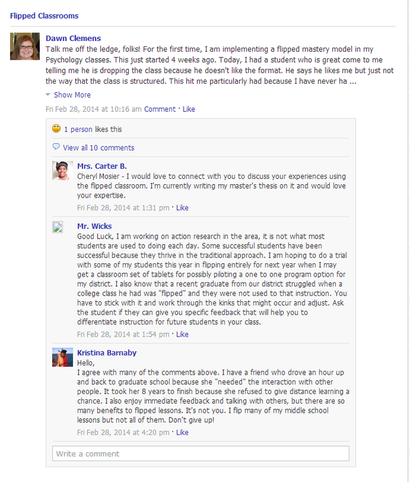
I was feeling pretty good about everything until the last day of the month. One of my students came up to me at the end of the class period to tell me that he was dropping the course. He is an all-around nice kid, smart, hardworking, thoughtful, the whole nine yards. I was devastated! No one has ever dropped my class before; not like this. He literally said “it’s not you, it’s me”! He said that the format of the class was just too impersonal and that he thought that there was going to be more discussion. I told him that we are really just getting started and that there is tons of discussion to come! I told him that we will be having all kinds of activities that we wouldn’t have had time for using a traditional teaching model. I asked him to hang with it for another week and see if I could change his mind. He said that he needs to drop now, before the end of the 5-Week progress reports.
I truly thought for a minute that I should completely throw out this whole experiment and go back to my regular way of teaching. Then I remembered that I have a wide PLN who has experience I can use to get me though my crisis of flipping faith. I posted on Schoology that I needed them to talk me off of the ledge and they did just that! I also made a point to talk to my students who I have for both Psychology and US History. Those students know me well and have no compunction about being brutally honest. They reassured me that the class is going well and that they truly enjoy it. When I said I was thinking about doing a unit of US History as a flipped mastery experiment, they were excited. They said what many teachers have said when talking about implementing a flipped classroom---it’s all in how you sell it to the students.
I’m thankful that I have a great PLN, wonderful students, and this blog to reflect on my teaching practices. I think that reflection might be THE most important component to improving as a teacher. Thank you for being a part of my reflection process and for making me the best teacher possible for my students!


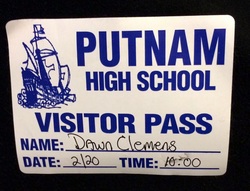
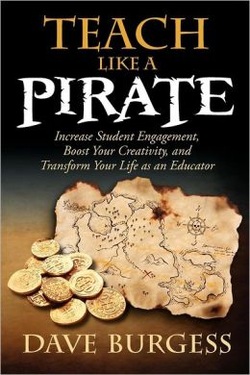
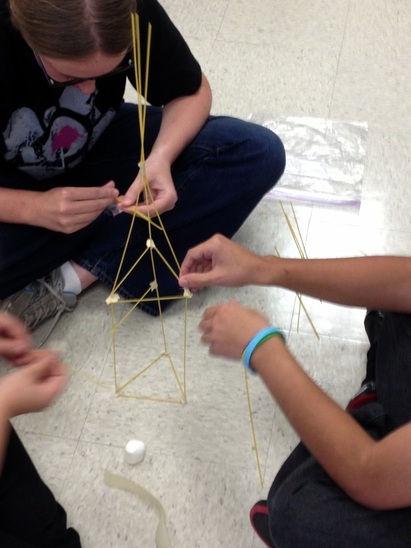
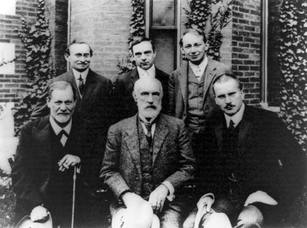
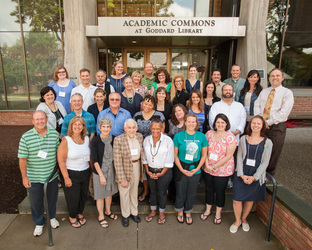

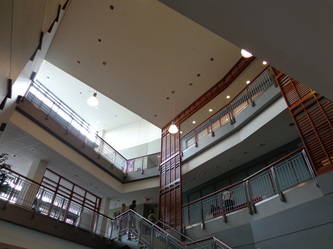
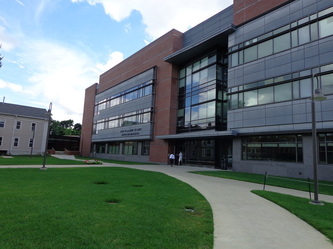
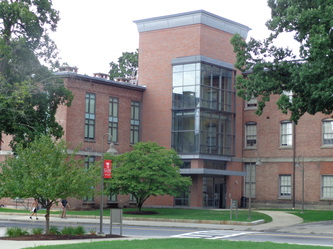
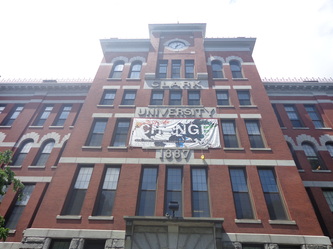

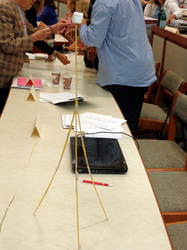
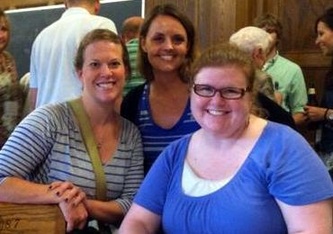
 RSS Feed
RSS Feed


